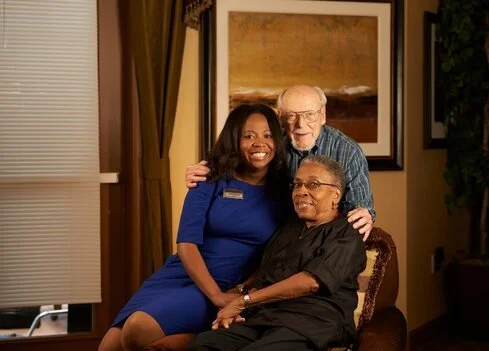The Elderly Are More Vulnerable to Infections, Including Pneumonia
Every year we hear about the thousands of people who die from pneumonia. The Centers for Disease Control & Prevention (CDC) reports that in 2022 there were over 40,000 deaths in the US due to pneumonia and most of them were over the age of 65. Weakened immune systems, a greater prevalence of chronic diseases, and age-related changes in lung function all contribute to making the elderly more vulnerable to infections, including pneumonia.
The CDC ranks pneumonia as the 10th leading cause of death with a mortality rate for severe pneumonia in the elderly as high as 20 percent. The Cleveland Clinic explains pneumonia is inflammation and fluid in the lungs caused by a bacterial, viral or fungal infection. Symptoms include a fever, difficulty breathing and a cough with yellow, green or bloody mucus. The flu, COVID-19 and pneumococcal disease are common causes of pneumonia; and treatment is based on the cause and severity.
Bacterial infections include Streptococcus pneumoniae, and are one of the most common forms of pneumonia affecting the elderly. Viruses like the common cold as well as COVID-19 can be the cause of viral pneumonia as well as a secondary bacterial lung infection. Experts explain that while bacterial and viral pneumonia is contagious, many elderly people give themselves pneumonia. They say this is because Streptococcus pneumoniae and other variations of bacteria pneumoniae are already in our respiratory tract.
William Schaffner, M.D., medical director of the National Foundation for Infectious Diseases and professor of preventive medicine and infectious diseases at Vanderbilt University School of Medicine, explains, “Frail elders often can’t clear secretions from their lungs, and those secretions tend to go down into the bronchial tubes. The area fills with pus, mucous and other liquids, preventing the lungs from functioning properly.” This causes oxygen to be unable to reach the blood and cells. Complications include sepsis in addition to fluid and infection.
Antibiotics are used to treat bacterial pneumonia. If viral, doctors use anti-viral medications, and if called for, may administer fluids or oxygen therapy. To help prevent a loved one from getting pneumonia, Dr. Schaffner recommends getting an annual flu shot, a pneumococcal vaccine and keeping up with your COVID-19 booster shots. He says it is also important to maintain a healthy lifestyle including a healthy weight; and if you smoke, quit, and maintain good oral health.
MorningStar at Bear Creek in Colorado Springs offers memory care to those with Alzheimer’s disease and other forms of dementia. We provide our residents a safe, comforting physical environment, trained caregivers, daily health monitoring, meaningful activities, wellness programs and more. Please contact us or visit our website for more information on dementia care.
MorningStar has considered it a privilege and responsibility to “cast a new light” on senior living, inspired and empowered by our unique mission: to honor, to value, to invest. Our passionate commitment to serving seniors has proudly earned us a reputation for satisfaction that is second to none. Contact us to learn more about the finest memory care in Colorado Springs.
Source: agingcare.com/articles/pneumonia-and-elders-why-they-are-more-susceptible136822.htm


















